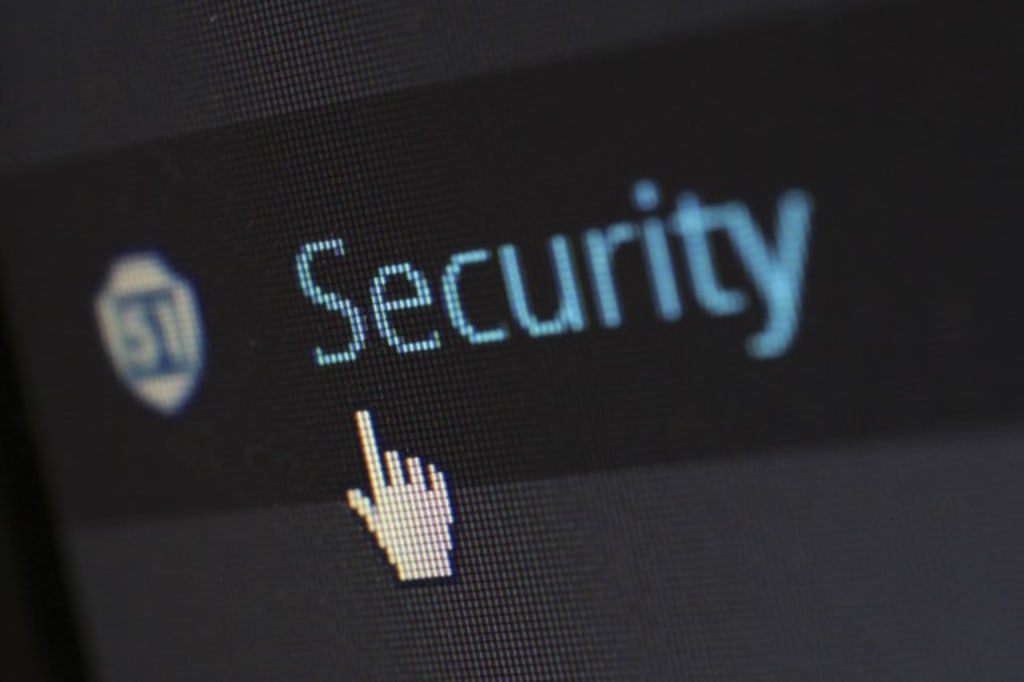9 Keys for Password Protection
Tips for Choosing Safe Passwords

Cyber crimes and threats to online public information are on the rise. With hackers all around the world finding new ways of getting inside your personal online zone, the need for safer mechanisms and novel ways of protecting information is on an all new high. Apart from safety programs that one can pay for enrolling in, there are some basic steps which each of us can take to ensure that our information is a little more secure. The first and most important step in this regard is protecting our passwords.
While the common perception might be that the passwords we choose are relatively safe and difficult to crack, there are professional hackers out there who write scripts and programs each day to crack even the most difficult of passwords. In such a scenario, here is a list of a few simple steps to ensure that we are making all efforts from our end to keep our passwords safe:
- Include numbers, special characters, upper, and lower case letters: A good 8–10 letter combination of these will ensure that your password remains confusing and hard to crack, especially if there is no obvious meaning to the letters and numbers you use.
- Do not include important dates or names in your password: Try not to include any dates that may hold importance in your life in your passwords. Also, stay clear of obvious names like your spouse, your parents, pets, etc.
- Do not repeat your passwords: Make sure your new password is always different from your last five passwords. Always keep switching between the combinations in your passwords.
- Do not share or write down your passwords: This is probably the most common mistake that we make. Never share your passwords even with the closest of your friends or family. You never know how much harm a slip of tongue can do!
- Be careful while accessing your important accounts on public computers: Try never to access your bank or other important accounts on public computers or internet cafes. If you have no other option, take care of a few simple things. Make sure the browser does not have cookies or password saving settings are on. After accessing your account, clear the cache and cookies of the browser. Once you have accessed your bank account, reset your password from some other computer at some other location.
- Don’t keep it so tricky that you forget it: In an attempt to keep difficult passwords, many of us often forget them. That’s when we make wrong attempts at resetting our passwords and end up locking our accounts. Take care to make your password difficult but not so tricky that even you can’t remember it.
- Different passwords for different accounts: Never keep the same password for more than one account, so in case one of your accounts gets compromised, your other accounts can remain safe.
- Pick long passwords: The longer a password is, the more difficult it is to crack. A 12–15 character password is ideally quite safe since guessing it becomes much more difficult.
- Don’t check the “Remember my password” option in the browser: A convenient shortcut to remembering passwords is letting your browser remember them for you. The option is convenient, but there are quite a few security concerns related to this action which often go undocumented. Don’t use the option if you don’t have to since retracing your browser settings, history, and preferences is not that difficult.
With even huge corporations taking steps like workshops, seminars, and frequent mailers to make their employees aware of the risks of password theft, the need for more online security could not be more evident. In such an atmosphere, it is our duty to take the first steps to insure and protect ourselves.
About the Creator
Sukriti Taneja
I'm an avid blogger, freelancer content specialist, and enthusiastic fiction reader. Follow me @SukritiT.







Comments
There are no comments for this story
Be the first to respond and start the conversation.